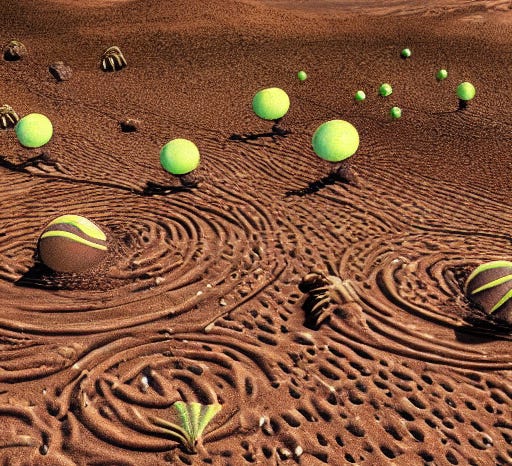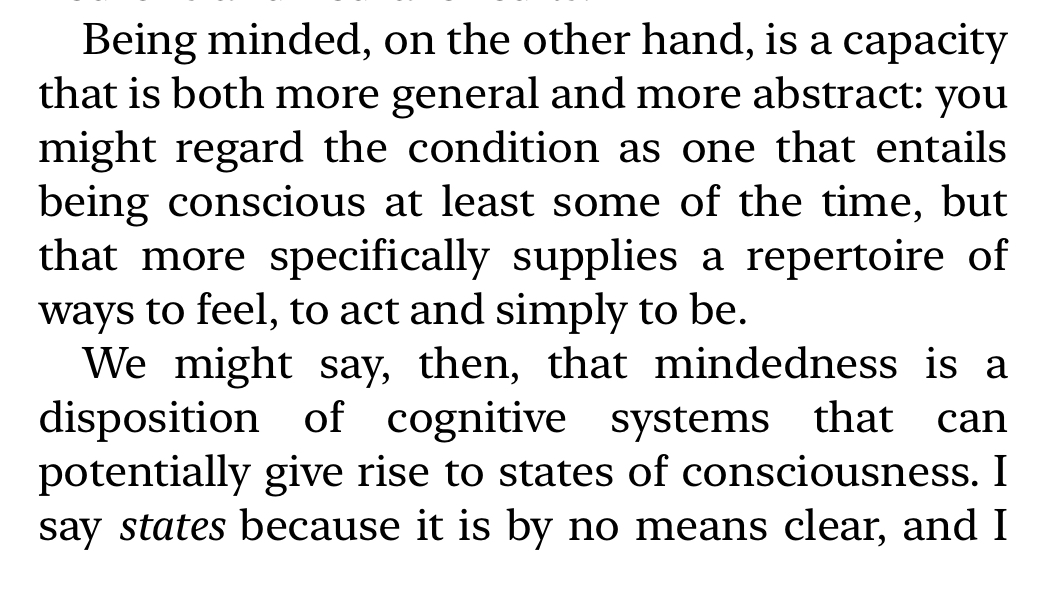The Book of Minds 3: What is Distinctively Mental?
I got a call from the Cosmic Intelligence Agency. Bad news, they said, the Earth has been spotted by mysterious aliens who want to strip it for its carbon.
What kind of aliens?
Not sure. One source thinks its solar slime. Another says its a cloud horde. We really don’t know. Fortunately, we have about a hundred years. It’s going to take that long for the invaders to gather strength.
So we have a few decades to up our mind game and get it to a stage where we can mount effective defences against hostile aliens.
How do we start?
One way to start a new science is by demarcating its range, i.e., the phenomena the science studies. For example, I could have embarked upon Gas Science by making it the study of all gaseous substances. It’s an idealizing move, for in the real world there are no pure gases: air comes with pollen and dust, smoke comes with soot and so on. And what about clouds? Are they gases or something else?
At some point, ‘gas’ won’t do for our purposes. We will have to expand our investigation to include solids and liquids, and eventually to an abstract conception of ‘states of matter.’ But we couldn’t have started with all states of matter at the very beginning because we wouldn’t have asked the right questions about what makes solids turn into liquids and gases, and we wouldn’t have paid attention to the correct properties of gases, such as the pressure they exert or the expansion of their volume due to temperature shifts.
The study of the Mind is no different. We have to demarcate an idealized domain of investigation. What should that be? Here are three features worth considering:
Aboutness: mental states are always about something beyond the mental state: my experience of a mango is about the mango.
Forness: mental states are always for someone - my experience of a mango are for me, or at a more fine grained level, for the part of me that feels hungry
Likeness: there’s something like what it is to be in that mental state. It’s most obvious in conscious experiences, but even unconscious experiences are in a world with form and shape.
Together, they are a rough cut of what it is to be a being in a world in a first person kind of way. Ball says it so - not the same as my list above, but related to it
At some point our science will outgrow its first-person roots but we are miles away from that paradigm shift. Until that happens, we should double down our investment in the first person, for whatever comes next will be post-first person science rather than third-person science. Husserl’s phenomenology (& older contemplative traditions) are inspiration, but we have to start our journey afresh: what would a first person science of the mind look like in the age of the metaverse & machine learning & neuroscience?
It’s a question I want to answer but to be honest have no idea how to even begin doing so.







